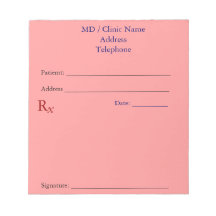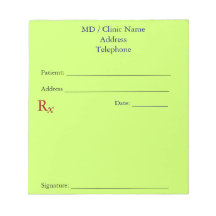According to the Alzheimer’s Association, “Alzheimer’s disease is the most common cause of dementia.” Most people appreciate that both Alzheimer’s disease and dementia have cognitive implications. What is the difference?
Dementia is an overall term for a particular group of symptoms, which include the following: difficulties with memory, language, problem-solving, and other thinking skills involved in a person’s everyday activities. Alzheimer’s disease is the most common cause of dementia due to the brain changes.
The presence of toxic beta-amyloid and tau proteins are believed to activate immune system cells in the brain called microglia. Microglia try to clear the toxic proteins as well as widespread debris from dead and dying cells. Chronic inflammation may set in when the microglia can't keep up with all that needs to be cleared. Atrophy occurs because of cell loss. Normal brain function is further compromised in Alzheimer’s disease by decreases in the brain's ability to metabolize glucose, its main fuel. These brain changes are considered biomarkers of Alzheimer's.
Given that an estimated 12.7 million people over 65 years of age are projected to have Alzheimer’s by 2050, it is not surprising that the Centers for Medicare & Medicaid Services (“CMS”) evaluated its reimbursement for cognitive assessments and care plan services. According to CMS,
Effective January 1, 2021, Medicare increased payment for these services to $282 (may be geographically adjusted) when provided in an office setting, added these services to the definition of primary care services in the Medicare Shared Savings Program, and permanently covered these services via telehealth. Use CPT code 99483 to bill for both in-person and telehealth services.
Why is this important for physicians and patients and what types of providers can conduct a cognitive assessment? First, cognitive impairment detection is a requirement of Medicare’s Annual Wellness Visit. Second, medical providers such as physicians, nurse practitioners, physician assistants, and clinical nurse specialists may offer a cognitive assessment in a variety of locations (e.g., office/outpatient setting, private residence, care facility, rest home, and/or telehealth).
Finally, the subsequent visits and care plans should utilize the following codes:
In sum, this is an important clinical area that medical providers should not overlook. It is equally important for medical providers to code accurately with the appropriate documentation to substantiate medical necessity.
15% Off Medical Practice Supplies
VIEW ALL
 Manual Prescription Pad (Large - Yellow)
Manual Prescription Pad (Large - Yellow) Manual Prescription Pad (Large - Pink)
Manual Prescription Pad (Large - Pink) Manual Prescription Pads (Bright Orange)
Manual Prescription Pads (Bright Orange) Manual Prescription Pads (Light Pink)
Manual Prescription Pads (Light Pink) Manual Prescription Pads (Light Yellow)
Manual Prescription Pads (Light Yellow) Manual Prescription Pad (Large - Blue)
Manual Prescription Pad (Large - Blue)












No comments:
Post a Comment